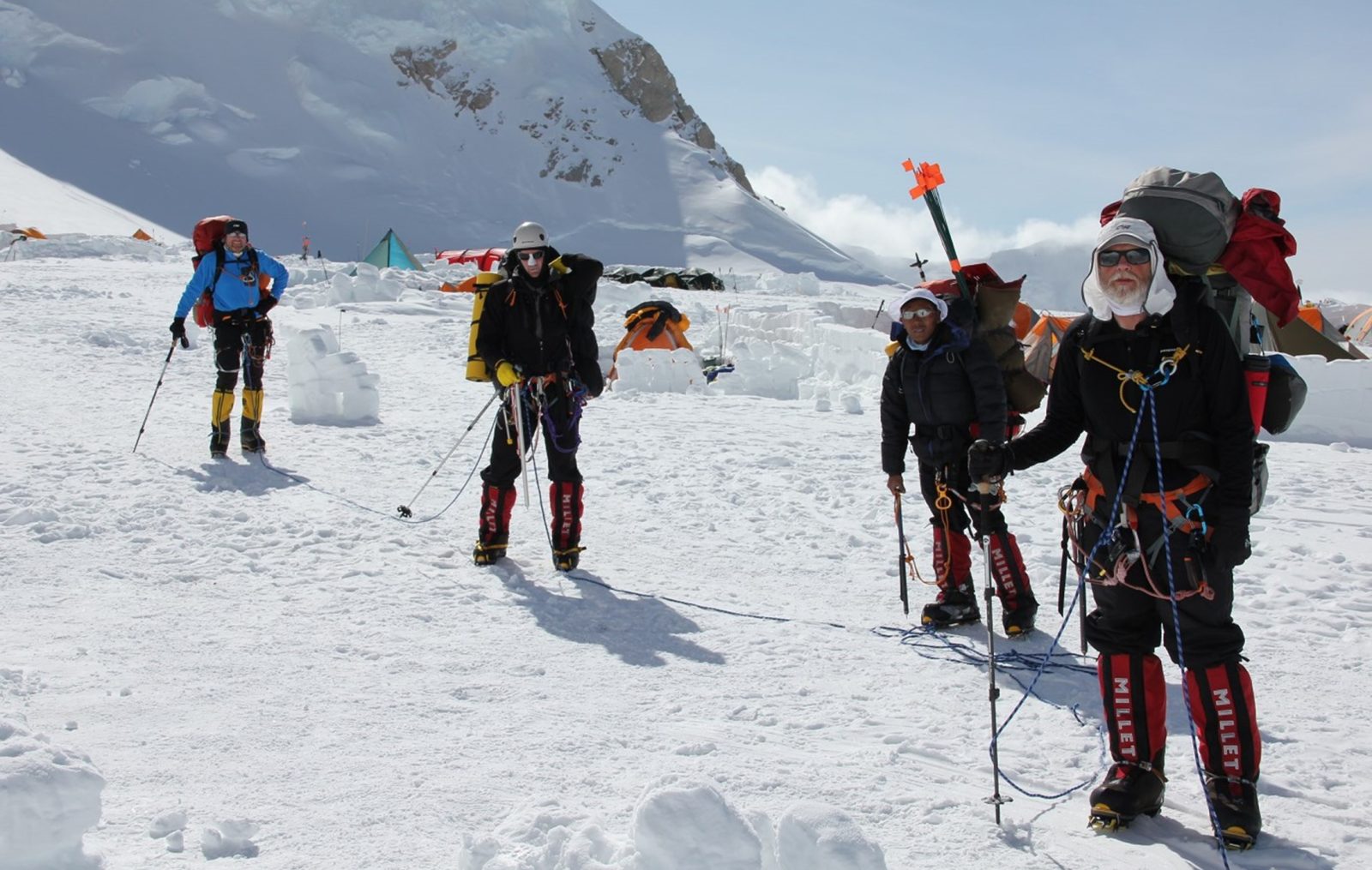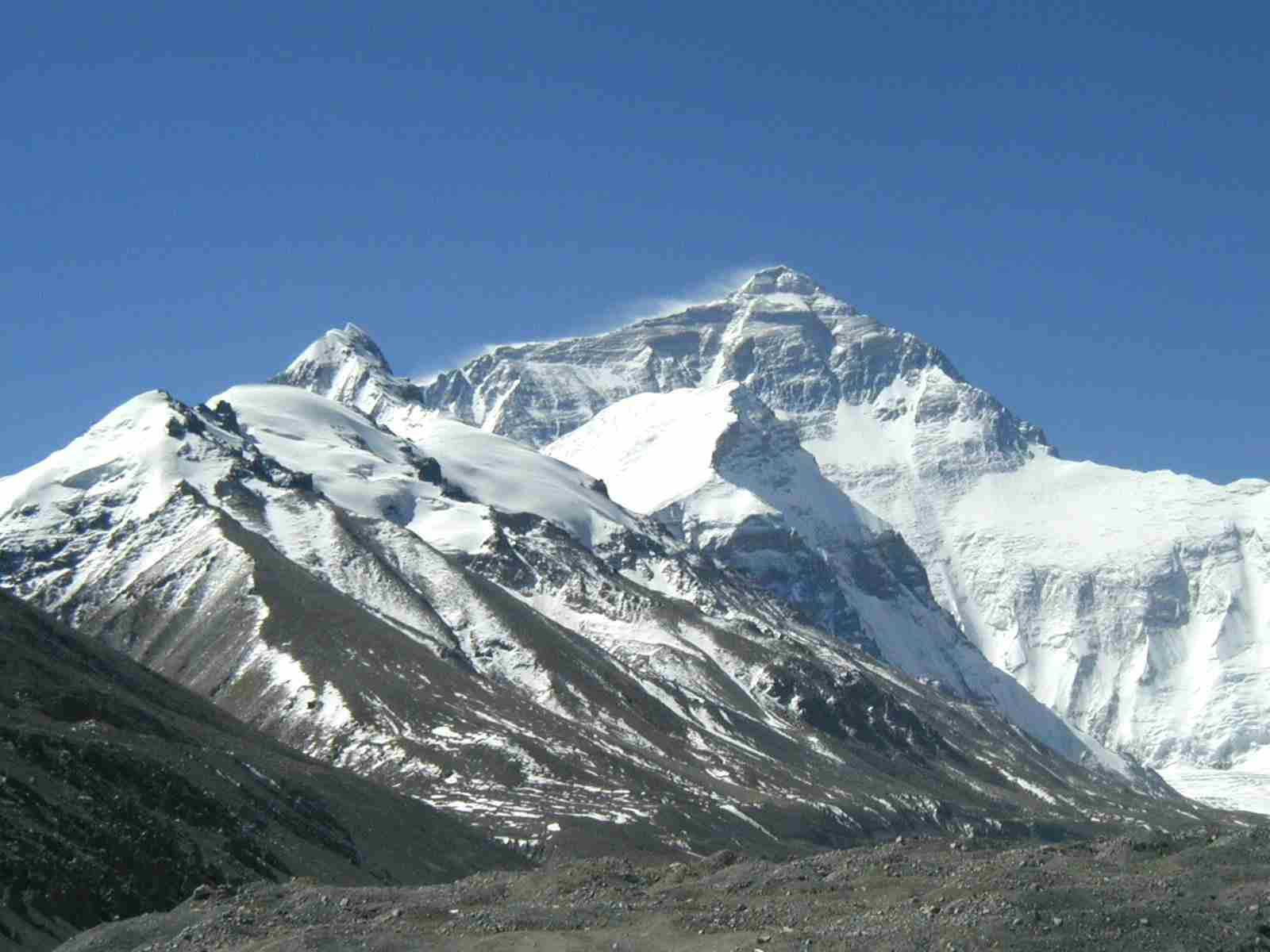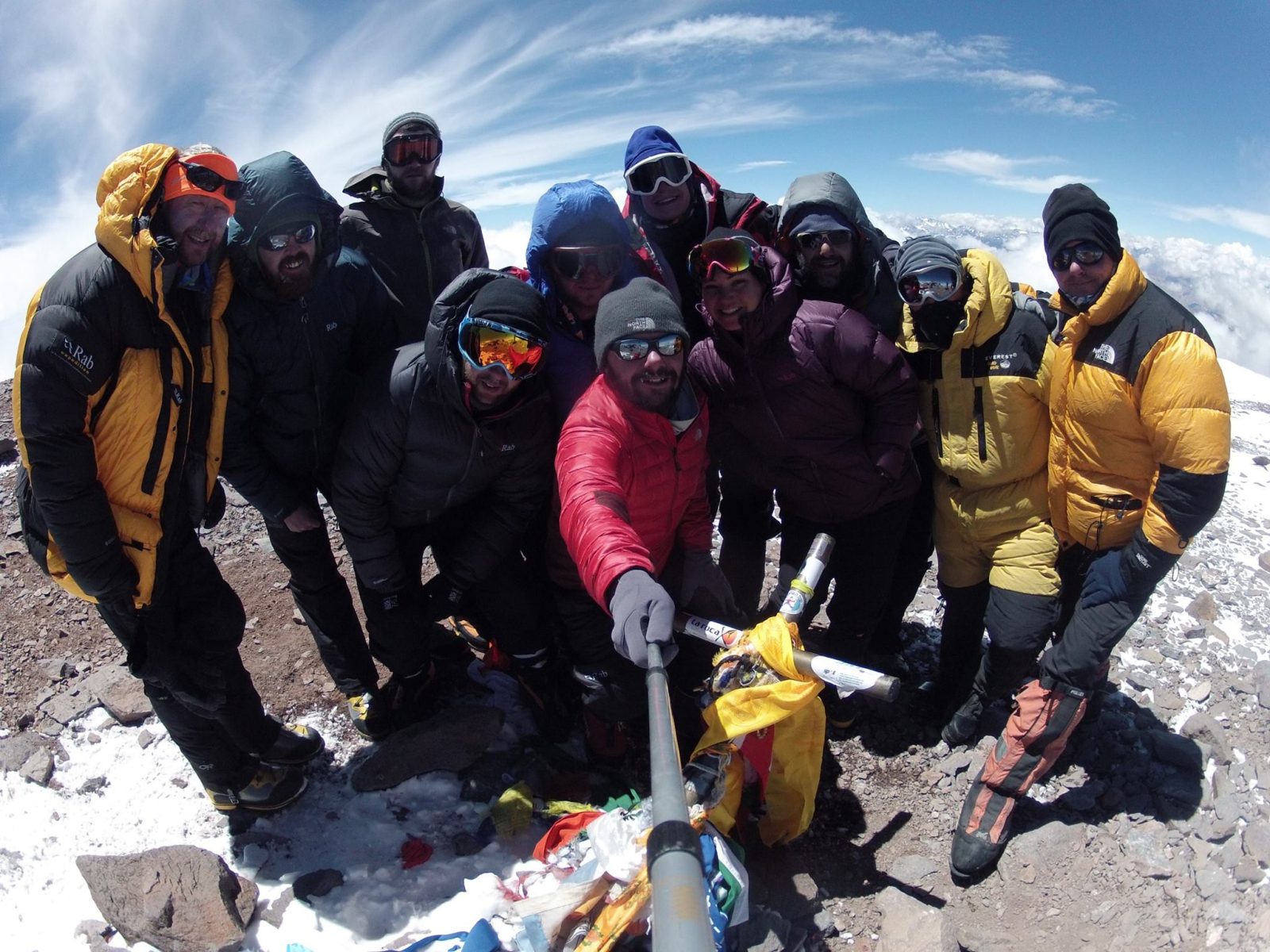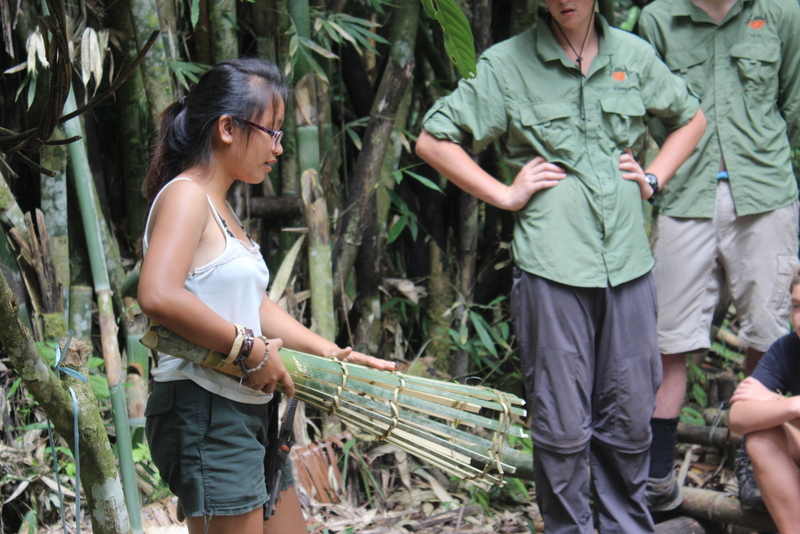
Health and Safety Policy
Our first and single biggest objective is the reduction of risk to health and safety as far as is practically possible.
Adventure Alternative has a health & safety policy which can be found below together with how each of these policy points is implemented. Each expedition we run has undergone a strict risk assessment test, and we are compliant with the BS8848 specification which is the British standard for adventurous activities outside the UK.
Fundamentally we have experienced staff who have been trained in how to look after clients safely, and what to do in the event of an emergency. Almost all of them have been employed in the company for ten years, and they are well aware of the high standards we want to maintain. We also have strong relationships with local communities, health care facilities and authorities such as National Park Rangers. Our priorities are:
INFORMATION AND ADVICE BEFORE YOU GO
- Provide relevant health and safety information to all clients before they arrive in-country
- Advise staff and clients to contact their doctors or travel clinics for immunisations before travelling
- Provide proper kit lists and equipment information relevant to the trip
- Provide information on the various environments to be visited, with respect to safety, local politics, culture, etiquette and social responsibility
- Direct people to the FCO Know Before You Go campaign for up-to-date information
STAFFING
- Ensure that appropriate qualified and/or experienced staffs are employed in the regions where we operate and that all field staff and group leaders are trained in safe operating procedures.
- Ensure that all staff go through an on-site induction, which includes training in the relevant procedures, and a probationary period prior to being given responsibility over a group.
- Improve our operating procedure regularly in each area followed by meetings of all relevant staff to identify corrective actions.
WHEN YOU ARRIVE
- Safety information provided and relevant addresses of medical facilities and company personnel during a general briefing and also special briefings when required
RISK ASSESSMENTS
- Identify the risks associated with activities and locations, as well as the development of measures to minimise these risks.
- Produce risk assessments for each location or trip
- Ensure that all staff are aware of the risk assessments and how to fill in an incident form
- Continually update and evaluate the risk assessments
- Make clients aware of safe practises and risk assessments
- Always use reliable and safe vehicles which have the required paperwork
ACTIVITIES
- Ensure trekking teams remain in contact with each other and that whistles, phones and torches are carried along with the first aid kit
- Make sure clients understand the risks associated with additional activities such as snorkelling and swimming, or any hazardous activity, and ensure that all safety procedures are followed
- Comply with all National Park codes of conduct, mountain safety codes of practise and applicable rules for entering areas where a safety policy exists
- Make sure cooking and washing is done in boiled water, and that both staff and clients are encouraged to follow hygienic practises
EVACUATION AND EMERGENCY
- Ensure that there are adequate communication facilities provided to staff, either by mobile phone or satellite phone, and that applicable numbers are all known
- Ensure that all staff are fully aware of where the nearest and best medical facility is
- Ensure that clients are given telephone numbers of our local staff
- All clients have access to a qualified medical person nearby and a member of staff who can provide immediate assistance
- All teams must carry a first aid kit, and first aid kits are also kept in our various guesthouses
- Ensure that all staff understand what to do in order to facilitate an evacuation which is either high priority (requiring immediate evacuation by helicopter), medium priority (fastest route to the nearest hospital) or low priority (most convenient and comfortable overland or over water route)
- Keep records of all incidents, accidents and emergencies
- Carry out a post-incident evaluation to improve procedures in the future
Book Your Adventure of a Lifetime Now
Discover our trips to other Countries
Adventure Alternative Articles

12 MONTHS, 12 MOUNTAINS
In celebration of World Mountain Day, we've created a calendar for the year to make it easy for you to plan your next mountain climb in the...

Mount Aconcagua Trip Review
January 2016 This year we had a team of twelve clients from four different countries – Iran, Ireland, England, South Africa and Argentina –...

Alcey’s Survival Skills Course at Lupa Masa Jungle Camp
In celebration of International Rural Women’s Day, we’re talking about Alcey Kangit Gordon! Alcey is from Kiulu, a small rural village in...